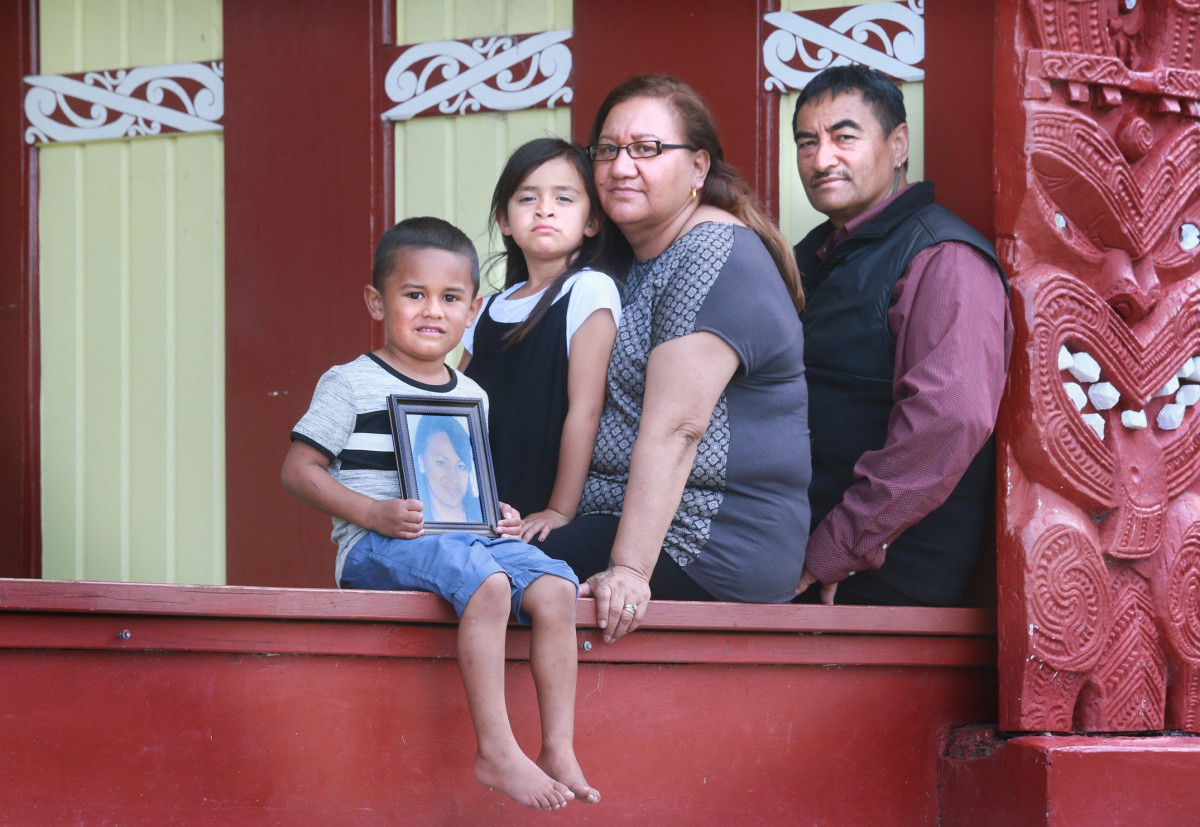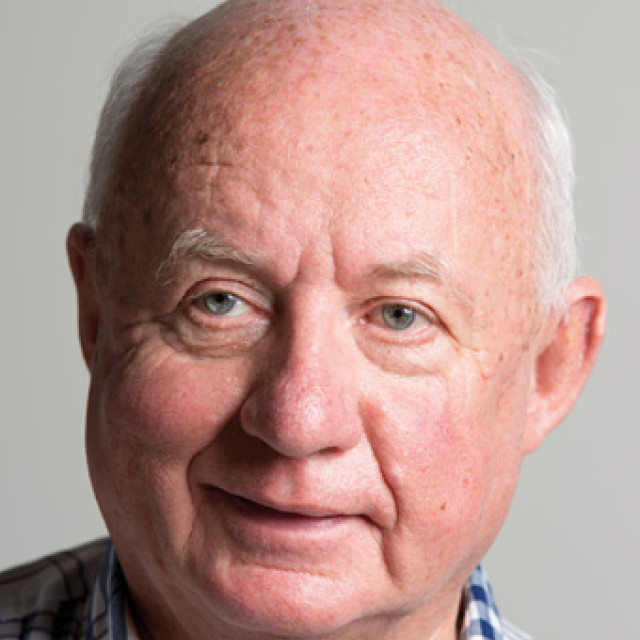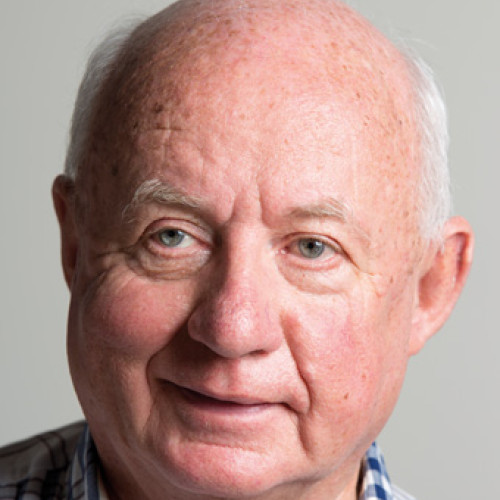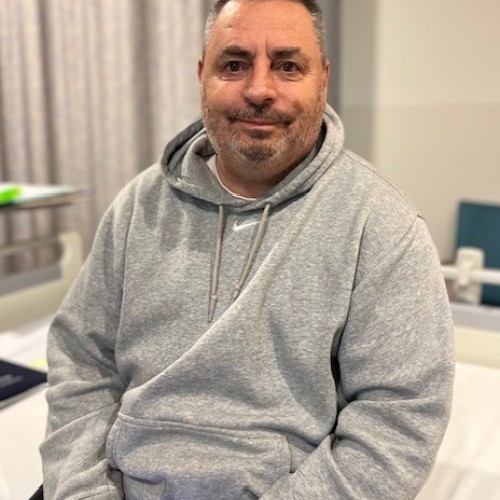Giving voice to the waiata is the Ahomiro whānau who have gathered at the marae to remember their loved one, mother-of-two Ngawari Charlene Ahomiro. The 29-year-old died after suffering a brain aneurysm. Her whānau made the decision to donate her organs, a gift which benefited four people, including a three-year-old boy.
Ki taiwiwi ki taiwawa
Ki te whai ao, ki te ao mārama
Nga's parents, Lovey and Hori Ahomiro, said their daughter's death came only a few weeks after their whānau had discussed the issue of organ donation. The catalyst was Hori's nephew who needed a liver transplant. "It sparked that conversation with us and our kids, and Nga was present then," Lovey recalls. "She goes 'yeah I could, I'm fit and healthy.'"
The decision to donate Nga's organs was made collectively by Lovey and Hori and Nga's siblings. Not all family members supported their decision initially, believing it went against tradition. Lovey's father stormed out of the hospital when he learnt of their decision. "He's from the old school and believes you don't give your body parts away and that we should be whole when we enter the ground. But he returned to the hospital the next day and I just hugged him. He knew it was a decision Hori and I and our kids had made."
Hori said knowing his daughter's views on organ donation, as well as the knowledge she was fit and healthy, made the decision to donate her organs easier. "For me, in that moment, it was all about my girl and the possibility of saving other people's lives by donating her organs. I'm afraid tradition took a back step at the point in time."
Two years on from Nga's death, Hori and Lovey said they took comfort in the decision they made.
Their dealings with staff at Tauranga Hospital and Organ Donation New Zealand were marked by respect and compassion. "One of the things I appreciate most is that we were given time and space to make a decision," Hori said. "No one was on our back saying they need a decision now. It was critical to the whole process that we were to allowed time to ponder. I just can't thank them enough."
While Nga was on life support in the intensive care unit, her partner, Travis, presented her with an engagement ring. The pair had been planning a holiday together to Australia.
Hori said his daughter was affectionately known as the black sheep of the family and loved to challenge the boundaries. She was also a talented sportswoman and was known for her competitive, feisty attitude on the sports field.
For Lovey, the hardest part was saying her last goodbye to Nga before she was taken into surgery. "Hori kept saying to me I needed to say hooray to Nga, you need to say your last goodbye. I didn't say goodbye to Nga until the Organ Donation New Zealand team were there to take her into theatre. It was hard but I also knew she was just a shell and her wairua would always be around us."
Hori believes all whānau should have a conversation about organ donation.
"We know it was the right decision for us, not necessarily for other families, but definitely for us at that point in time. Māori talk about aroha and compassion a lot and here was a prime example of our whānau showing that to other people."
Hori and Lovey Ahomiro
Written by Aaron Leaman, photos by Mark Taylor. Reprinted with permission from Fairfax Media



